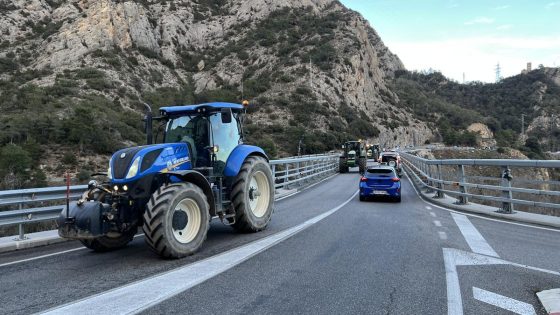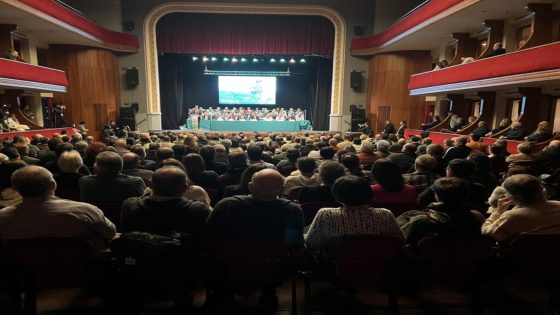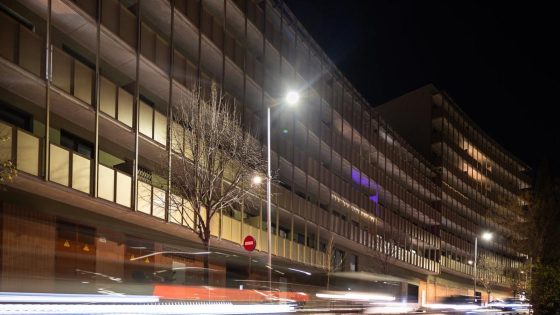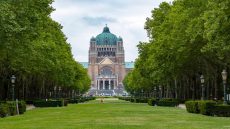On January 24, 2025, the Gaudí Awards sparked a heated discussion about identity in Catalonia. The term “xarnego,” often used to describe those with mixed Catalan and immigrant backgrounds, became a focal point after screenwriter Eduard Sola’s speech. But what does it mean to be a xarnego in today’s society?
- The term "xarnego" poisons Catalan nationalism.
- Sola's speech emphasized Catalan identity in storytelling.
- Integration requires proof of identity for some.
- Narcissism of small differences shapes modern identity.
- Identity often constructed around grievances today.
- Sola's discourse reflects 21st-century identity complexities.
Understanding the Impact of Sola’s Speech on Catalan Identity
What does it mean to be accepted as Catalan today? Eduard Sola’s speech at the Gaudí Awards challenges traditional notions of identity. He argued that immigrants can contribute to Catalonia’s cultural narrative, yet his use of the term xarnego raises questions about belonging.
Exploring the Concept of Xarnego in Modern Catalonia
Sola’s speech reflects a broader struggle within Catalonia regarding identity. His assertion that he identifies as a xarnego highlights the complexities of cultural integration. Here are some key points to consider:
- The term xarnego carries historical weight and stigma.
- Identity today often revolves around personal narratives and cultural contributions.
- Acceptance in Catalonia may require proving one’s worth, especially for those with mixed heritage.
- The concept of identity is evolving, influenced by globalization and migration.
Historical Context of Xarnegos in Catalonia
The term xarnego has roots in the socio-political landscape of Catalonia. Historically, it has been used to differentiate between those with pure Catalan lineage and those with immigrant backgrounds. This distinction has shaped the experiences of many individuals, including artists and writers like Sola.
The Role of Nationalism in Shaping Identity
Nationalism plays a crucial role in how identities are formed and perceived. Sola’s remarks echo the sentiments of former Catalan president Jordi Pujol, who emphasized integration. However, the modern interpretation of identity often leans towards highlighting differences rather than commonalities.
Future Implications for Catalan Society
As Catalonia continues to evolve, the dialogue around identity will likely intensify. The challenges faced by xarnegos may serve as a microcosm for broader societal issues, including acceptance and belonging. How will Catalonia reconcile its diverse identities moving forward?
In conclusion, Eduard Sola’s speech at the Gaudí Awards has opened up critical conversations about identity in Catalonia. As society grapples with these complex issues, the future of Catalan identity remains uncertain yet intriguing.






























